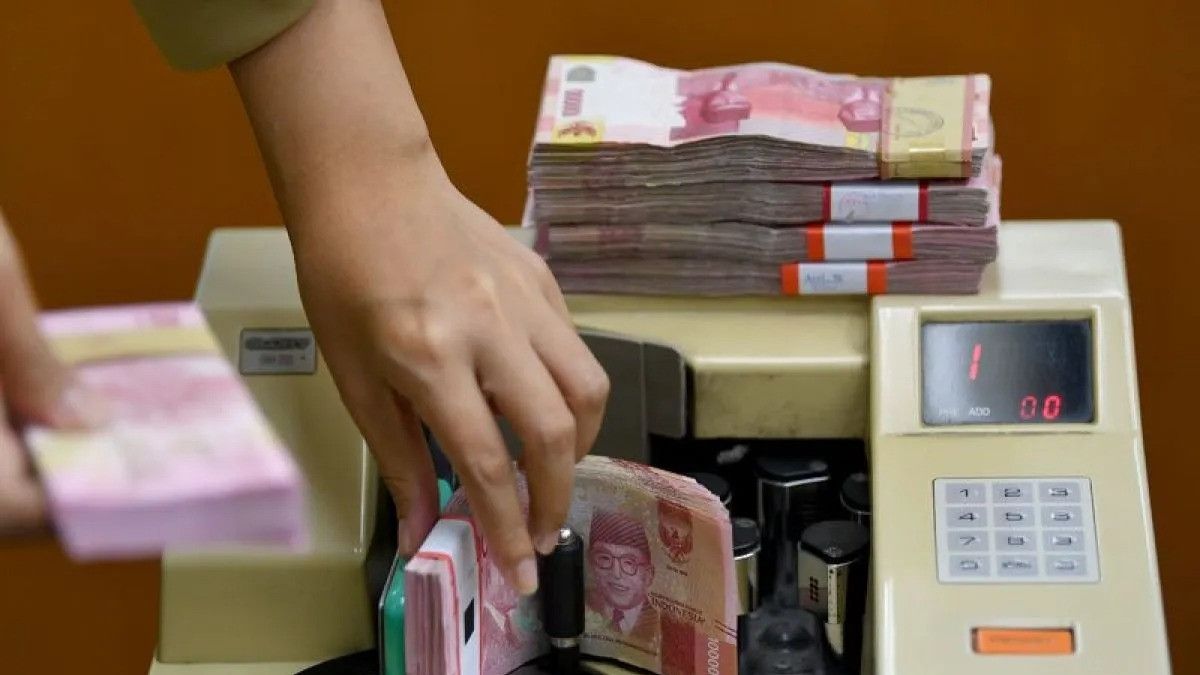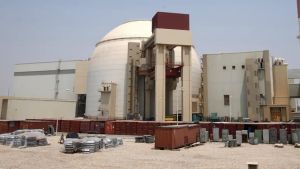In order to realize the welfare of the community, the government needs sufficient funding sources. One of the main sources is state revenues managed by the State Revenue Agency (BPN).
In today's era, BPN is faced with various challenges in achieving its revenue target. This article will review more about the role of BPN in maintaining state financial stability.
President-elect Prabowo Subianto has consistently conveyed his vision to form a State Revenue Agency (BPN).
Prabowo's move aims to optimize the management of state revenues, especially from the tax and non-tax sectors.
By forming BPN, it is hoped that it can increase efficiency and effectiveness in collecting state revenues, so that it can support more optimal national development financing.
Reporting from Antaranews, the formation of BPN is an effort to create an institution that has a clear and measurable focus.
Thus, BPN can be more responsive to the dynamics of the economy and take the necessary steps to increase state revenues
In addition, with the existence of BPN, the government is trying to strengthen the national tax system. BPN which will replace DGT is expected to provide greater flexibility in formulating and implementing tax policies.
Thus, BPN is expected to increase taxpayer compliance and expand the tax base, so that the state revenue target of 23% of GDP can be achieved.
Before continuing, also read the article discussing the Certificate of Buildings Worn by VAT 2.4 Percent in 2025, Not all of them
Center of Economic and Law Studies (Celios) economist, said that the initiative to form a BPN to increase tax and customs revenue may be ineffective if fundamental issues in the tax system are not taken seriously.
Please note, the tax system currently appears to rely more on voluntary compliance of taxpayers, especially for certain types of taxes. This condition is prone to practices that are not in accordance with tax provisions and have the potential to harm the state.
Thus, it is necessary to carry out a thorough evaluation of all aspects of the tax system, starting from regulations, administration, to supervision, to increase effectiveness and justice.
The idea to apply a tax on wealth tax can actually be an alternative to increasing state revenue and reducing inequality.
By imposing more progressive taxes on community groups with high income, it is hoped that it can encourage more inclusive and fair economic growth.
Meanwhile, according to a study conducted by the Asian Development Bank, it concluded that the direct correlation between the formation of BPN and the increase in state revenues had not been empirically confirmed.
The decision to form BPN itself is greatly influenced by the assessment of the Ministry of Finance on the workload and priority of its duties.
If the Ministry of Finance feels burdened by the task of managing state revenues, then the formation of BPN can be a solution to optimize institutional performance
The idea to separate the Directorate General of Taxes (DGT) from the Ministry of Finance has actually emerged since 2014, as stated in the official letter of the Ministry of Administrative Reform.
SEE ALSO:
The idea of forming BPN has become one of the important points in President Joko Widodo's vision and mission. In fact, long before that, the Ministry of State Apparatus Empowerment had proposed a separation of DGT from the Ministry of Finance.
In addition to articles about state revenue bodies, follow other interesting articles too. Want to know other interesting information? Don't miss it, keep an eye on the updated news from VOI and follow all the social media accounts!
The English, Chinese, Japanese, Arabic, and French versions are automatically generated by the AI. So there may still be inaccuracies in translating, please always see Indonesian as our main language. (system supported by DigitalSiber.id)
















